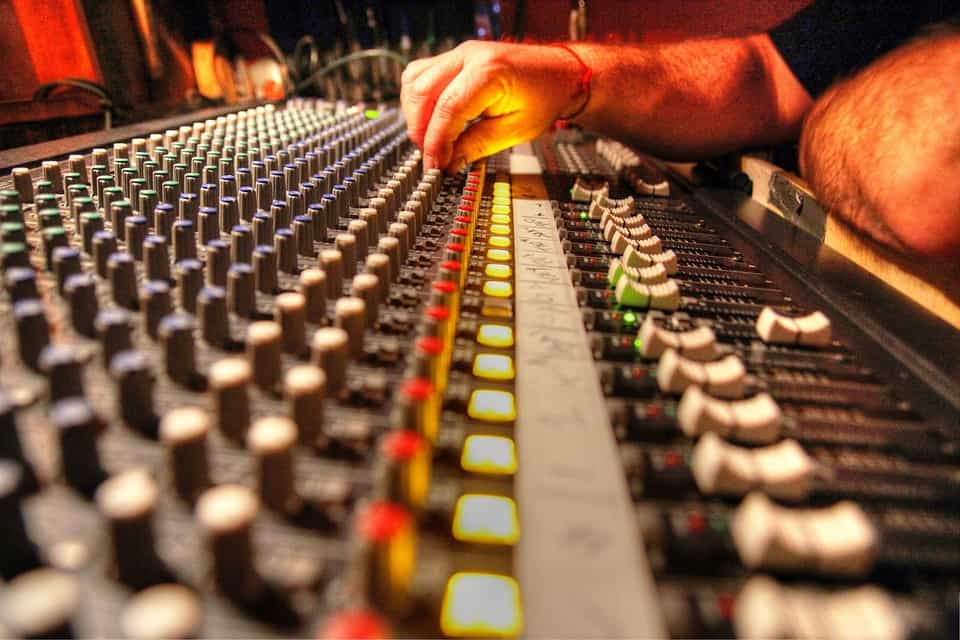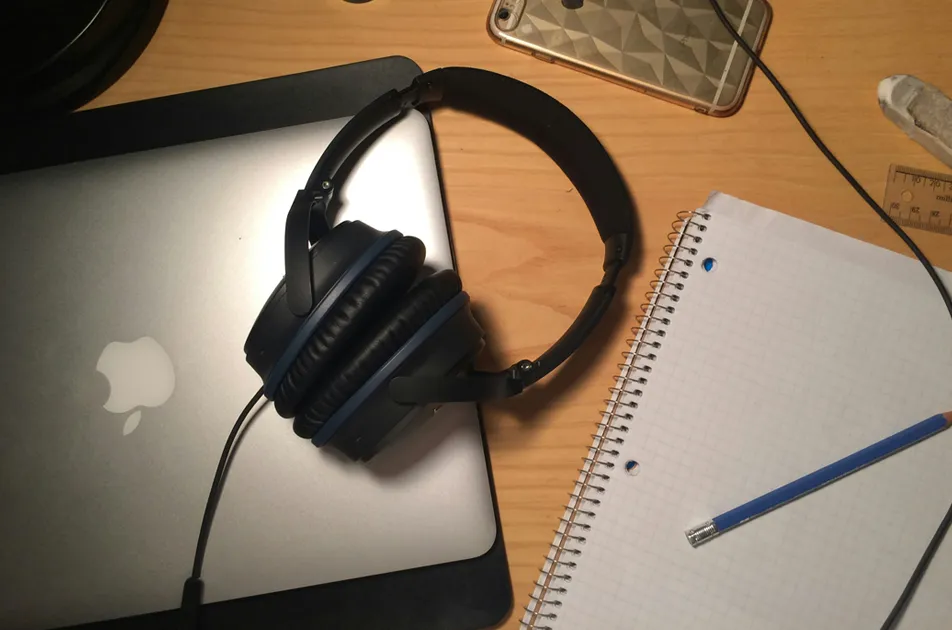Guest post by Hailey McCarthy of the Bandzoogle Blog
Playing live shows is one of the best ways to connect with fans through showcasing your musicianship, but only if you actually sound good. Here, we look at how to nail a soundcheck and ensure you’re putting your best foot forward.
As a musician, playing live is one of the best ways to connect with fans and gain a wider audience. Live performances can happen at local cafes, pubs, auditoriums, and arenas but no matter what size the stage you’re playing, this is your chance to show what your music is made of.
Whether you started a new project during the past year or you’re returning to the stage with your tried-and-true band, there’s no doubt live performances are coming back in a big way. Now more than ever, it’s a good idea to review the basics of live performing, starting with your soundcheck! Let’s look at some tips to make the most of your soundcheck.
1. Bring your gear
This may seem like a no-brainer, but my drummer once showed up to soundcheck without drum sticks. You can never be too sure that you’ve packed everything!
When it comes to the gear you’re bringing to the gig, be sure to bring cables that work, daisy chains with working jacks, and the right power supplies for your instruments and amps. As a musician, you might have a stockpile of broken patch cables that shouldn’t mix with your stage-ready gear. Be sure to check your gear during your practice before the big gig, so you can come to the venue prepared to play.
2. Be nice to your sound person
This should go without saying, but after a long drive to a venue, plus issues with arranging backline, or breaking a string live, some musicians will turn their frustration onto the sound person. It’s important to treat your sound person like part of the band – they can enhance or depreciate your sound with the slide of a fader. The sound person is likely familiar with the room you’re playing in and they have the expertise to tune your sound frequencies to suit the atmosphere. It’s a difficult craft that deserves a lot of respect from musicians and attendees.
Get ready for live performances with a professional website and EPK for your music. Try Bandzoogle today!
3. Know what to run
Often, your sound person will start by running each instrument alone as a baseline. Next, you’ll play through one of your tracks so the sound person can hear how you sound when you play together. Knowing which track you want to run beforehand is essential.

Try running a song that is the most dynamic in your repertoire. If you have a track that requires 3 pedals at different intervals, or you have a track where all the instruments drop out and the vocalist is only singing, run that track in your soundcheck so your sound person can gauge your ranges.
When you are running your one or two tracks during soundcheck, don’t forget to play like you will be during the gig. Put the same amount of energy into your soundcheck so your sound person is not surprised by a much heavier kick or strumming closer to the bridge pickups.
4. Don’t be afraid to communicate your needs
If you are nice to your sound person, you should not be afraid to talk openly about your setup and what your needs are. Before, we talked about knowing what to run, but if you have a few different instruments you need to switch through, you have extra pedals, or alternate synth settings, ask if you can get the levels on them so there are no surprises when you’re mid-song and suddenly can’t hear your shredding solo.
5. Listen to feedback
Along with communicating your needs and running your most dynamic tracks, you’ll want to listen to questions and feedback from your sound person. That isn’t to say you should change your track on the spot, but if the sound person is letting you know you’re singing too far from the mic, definitely pull closer for a better sound.
A great sound person isn’t going to ask you to change as a band, but they might have questions about your stage configuration and suggestions on how to improve it. Especially if each member has a few instruments they work with, the sound person can have really great insight on what might work best for the venue that evening.
6. Get a good monitor mix
Get to know the instrument you rely on the most for your cues and groove. As a bassist, it might be the drummer, as a drummer, it might be the singer, and so on. If you sync great with another member of your band, you might want to ask for a mix that puts more weight on that person. As you’re playing through your soundcheck, be sure to pause or motion to the sound person to adjust your monitor mix.
It’s a good idea to really pay attention during soundcheck and don’t be afraid to ask for more of something in your mix. Relying on the room sounds can be more difficult once the house gets packed and you can’t rely on the room reverb.
Finally, don’t forget to get yourself in the mix! You’ll also want to keep track of yourself during the performance and if your monitor is too biased toward your other band mates, you might lose your footing during the gig.
7. Wear earplugs

Protecting your hearing should be a top priority as a musician. Some musicians might only wear earplugs when they are performing live on stage, but wearing earplugs while you practice helps you get used to the dampening of sounds, which can actually elevate your appreciation of the dynamics between you and your band mates.
A good sound technician will be wearing earplugs, and many concert goers have started to sport those squishy orange plugs to protect their own hearing. Get used to the experience and learn how to recognize the subtleties in your music without rupturing your ear drums.
8. Treat soundcheck like the real thing
In just a few hours, you’ll be playing in front of an audience, but it’s a good idea to treat your soundcheck like you’re playing in front of new faces already. You’ll want to arrive well-rehearsed, confident, and with the energy you’ll bring to the stage. Your sound person will appreciate your veracity and they’ll be able to get the best EQ for your performance.
Everyone is looking forward to the return to live shows! With these tips in hand, you’ll ace your soundcheck so you can play confidently in front of your fans after this past year’s hiatus.





